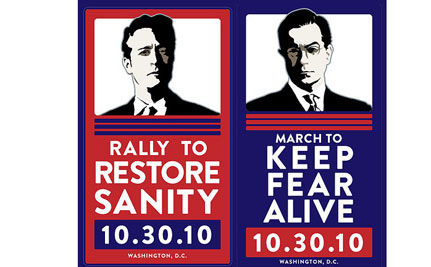httpv://www.youtube.com/watch?v=KRcOWghazHA
The 1965 NFB documentary Ladies and Gentlemen, Mr Leonard Cohen
Today is Leonard Cohen‘s birthday (born 1934).
An excerpt from Frye’s 1957 review of Cohen’s first collection of poetry, Let us Compare Mythologies:
The poems are of very unequal merit, but the book as a whole is a remarkable production. The erotic poems follow the usual convention of stacking up thighs like a Rockette chorus line, and for them Mr. Cohen’s own phrase, “obligations, the formalities of passion,” is comment enough. But it is an excess of energy rather than a deficiency of it that is his main technical obstacle. Sometimes moods and images get tangled up with each other and fail to come through to the reader, or allusions to books or paintings distract the attention and muffle the climax, as in Jingle. In short, this book has the normal characteristics of a good first volume. (CW 12, 165)
A 1979 television performance of “Famous Blue Raincoat” after the jump.



